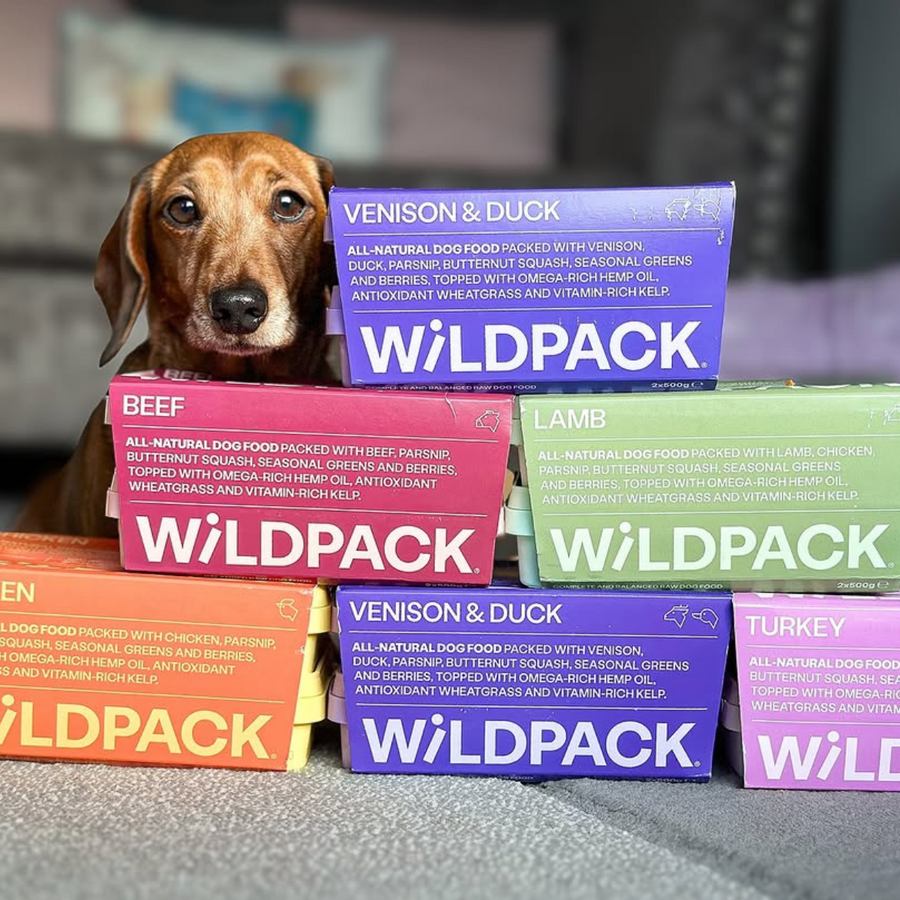Can Dogs Eat Christmas Dinner?
Absolutely! Your furry friend can join in on the Christmas joy with a special meal, but let's keep in mind their diet preferences and safety. Here are some friendly tips for treating your dog to a festive dinner:
Moderation is Key: Keep portions small and avoid overfeeding. A sudden change in diet, especially if it includes rich or fatty foods, can lead to digestive upset, including vomiting or diarrhea.
Avoid Bones: While it's a tradition to give dogs bones, cooked bones can splinter and cause serious injuries, including blockages or perforations in the digestive tract. Stick to safe, boneless portions of meat.
No Desserts or Sweets: Chocolate and many other common Christmas desserts contain substances like theobromine, which is toxic to dogs. Keep all chocolate and sweets out of your dog's reach.
Watch for Allergies: If you're introducing new foods, be cautious about potential allergies. Monitor your dog for any adverse reactions, such as itching, vomiting, or diarrhea.
Limit Spices and Seasonings: Dogs have sensitive stomachs, and certain spices and seasonings can irritate their digestive systems. Keep seasonings to a minimum or avoid them altogether.
No Alcohol: Alcohol is toxic to dogs, so keep all alcoholic beverages away from your pet. Accidental ingestion of alcohol can lead to serious health issues.
Supervise While Eating: Keep an eye on your dog while they are enjoying their special meal. This helps ensure they don't ingest anything harmful, and it allows you to intervene if any issues arise.
Consult with Your Vet: If you have specific concerns about your dog's diet or health, it's always a good idea to consult with your veterinarian before introducing new foods or making significant changes to their diet.
Dog-Friendly Christmas Dinner Options:
Turkey: You can treat your dog to turkey! The lean portions of white turkey meat make for a delicious treat, but make sure to remove the skin first due to its high fat content. Steer clear of cooked turkey bones to prevent splintering and potential internal damage.
Parsnips: Yes, dogs can eat parsnips. Ensure they are plain without added ingredients such as salt or sauces.
Carrots: You can safely offer plain carrots to dogs, just ensure they are free from additives such as oil.
Make sure you feed your dog an appropriate portion sized based on their breed and size. A little treat will be more than welcomed, but over-feeding could cause issues.
Read more guides from the Wild Pack team.

